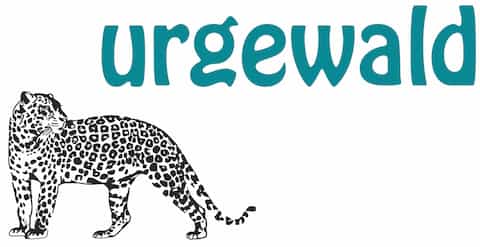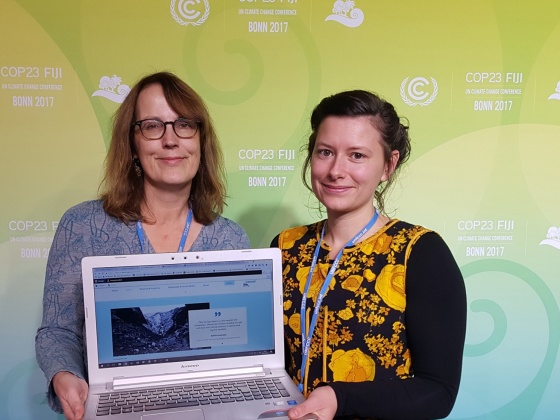
We are Urgewald
About Urgewald
Urgewald was the driving force behind one of the biggest coal divestments to date. In 2015, Norway’s Government Pension Fund adopted a coal phase-out commitment that led it to divest US$ 6 billion from the coal industry. At the time, the Pension Fund was among the top 10 investors in the global coal industry. Its divestment triggered a domino effect in the finance industry. Between 2015 and 2017, Norway’s Pension Fund and the insurance giants Allianz and AXA collectively divested coal assets worth US$ 26 billion.
What made this possible? In 2014, we began researching the coal investments of the Norwegian Pension Fund and initiated a campaign together with NGO partners from Norway. We also invited NGOs from around the globe to participate in our campaign. These countries included Russia, Columbia, Australia, the US, India, China, Vietnam, South Africa, and the Philippines. These NGOs sent reports and pictures of how coal mines and power plants were polluting their country and destroying people’s lives. We concentrated our campaign in Oslo, the capital of Norway. During rallies, parliamentary hearings, interviews, and discussions we used their pictures and testimonials together with our research to convince the Fund to divest from coal. This coal divestment became the news topic number 1 in Norway.

